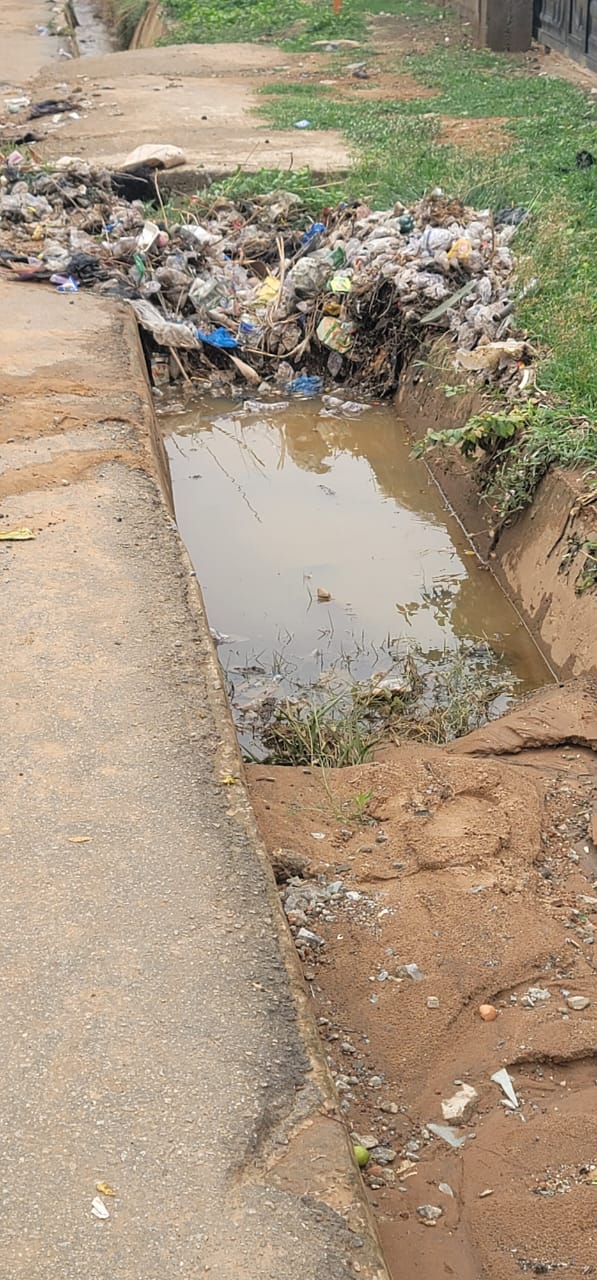In response to the recent floods that ravaged Mokwa in Niger State, Nigeria, leading to the tragic loss of lives, displacement of families, destruction of property worth billions of naira, and severe disruption of livelihoods, a coalition of civil society organizations has issued a united call to action.
The statement, released by a diverse alliance of organizations including Ohaha Family Foundation, Connected Advocacy for Empowerment and Youth Development Initiative, Shelter the Hurting Initiatives, Nkafamiya Rescue Mission, Christian Rural and Urban Development Association of Nigeria (CRUDAN), Bridge That Gap Initiative, Sustainable Environment Food and Agriculture Initiative, Clean Climate and Environment Campaign Initiative, Local Communities Development Initiative, the Coalition of GLAAS, and the Global Network of Civil Society Organisations for Disaster Reduction (GNDR), expressed deep concern over the increasing frequency and impact of environmental disasters in Nigeria.
The coalition extended their solidarity to the affected communities and reaffirmed their collective commitment to supporting Nigerians in the face of mounting climate and environmental threats. These challenges, they noted, range from deforestation, droughts, and flooding to plastic pollution, oil spills, and indiscriminate waste disposal—factors that are driving rising temperatures, erratic rainfall patterns, and more frequent extreme weather events.
According to the coalition, these environmental disruptions are having far-reaching consequences, including worsening public health outcomes, loss of productive land, food insecurity, and increased conflict in already fragile regions of the country.
The Mokwa flooding, they emphasize, serves as a stark warning of the urgent need to shift from reactive disaster responses to proactive resilience and preparedness strategies.
While the Nigerian Meteorological Agency (NiMet) has issued its annual rainfall predictions and highlighted the risks of seasonal flooding, the coalition emphasized the need for a more proactive approach to ensure that this critical information is effectively communicated to local communities and structures, empowering them to take timely and appropriate action.
Urgent Recommendations
The coalition outlined a series of recommendations to strengthen Nigeria’s climate resilience and disaster readiness:
-
Strengthen Early Warning Systems: The groups called for scalable, community-led, and data-informed early warning systems that reach local populations and promote early evacuation and anticipatory action.
-
Enhance Local Capacity: Emphasizing that local actors are often first responders, the organizations advocated for significant investment in training and equipping these stakeholders to ensure timely and context-specific interventions.
-
Promote Anticipatory Action: They urged that anticipatory action be fully integrated into national disaster risk reduction frameworks to protect lives and livelihoods, especially in high-risk and underserved areas.
-
Improve Communication Channels: While acknowledging the Nigerian Meteorological Agency’s (NiMet) efforts in issuing annual rainfall predictions, the coalition stressed the importance of ensuring that this information is effectively cascaded down to local communities for timely and practical application.
-
Provide Immediate Relief: The groups also highlighted the need for the timely disbursement of humanitarian relief funds, the activation of healthcare services, and the provision of emergency shelters for those affected by the disaster.
-
Engage Communities in System Design: There was a renewed call to collaborate with community leaders, women’s groups, and youth organizations in co-designing early warning mechanisms that are culturally relevant, multilingual, and accessible to all.
-
Invest in Climate and Environmental Sectors: The coalition advocated for increased investment in Nigeria’s climate response and disaster preparedness initiatives, as well as direct funding to local organizations working on the frontlines of climate adaptation and resilience.
Call to Action on World Environment Day
Commemorating World Environment Day, the coalition also drew attention to the broader environmental issues exacerbating climate change in Nigeria. In particular, they emphasized the urgent need for national action to curb plastic pollution and address other human-induced environmental challenges.
The organizations called on all relevant stakeholders, including state and federal governments, donors, international development partners, the private sector, and members of the Nigerian diaspora, to join forces with local actors to enhance preparedness, planning, and coordinated responses to climate and environmental crises.
This unified call, they stated, should serve as a wake-up call to prioritize resilience over reaction, preparedness over panic, and cooperation over complacency.
The civil society coalition affirmed that only through collaborative efforts can Nigeria chart a sustainable path forward in the face of worsening climate impacts.







